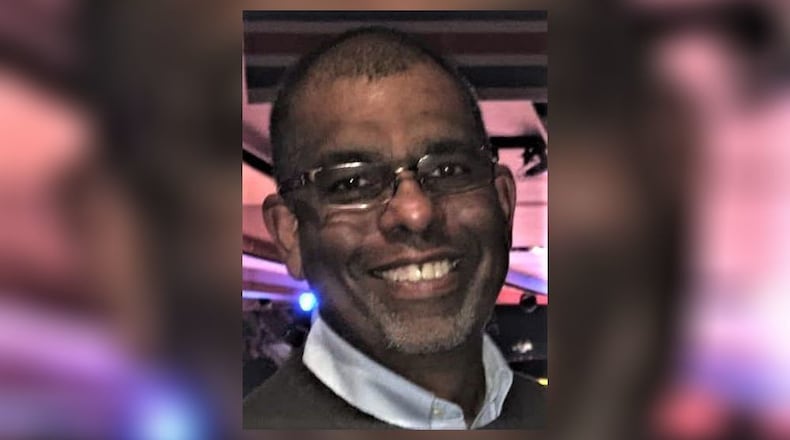That got me thinking: Might there be a correlation between a decrease in church attendance and an increase in our polarizing discourse?
“The short answer is ‘yes,’” Bill Trollinger, a professor of history at the University of Dayton, said.
I expected to hear that fewer people going to church means fewer take in the lessons of humility, generosity, and love, the hallmarks of Sunday service that congregants try to live by.
Instead, Trollinger said potential churchgoers have been turned off because religion has become politicized, especially among White evangelicals whose conservative social views don’t appeal to people who may be interested in the church.
“Folks have bought into the idea that right-wing politics is Christianity,” Trollinger, who researches evangelicalism and fundamentalism, said. “Their view of the world is turning off a whole lot of people — moderates of all ideologies and liberals — who are abandoning the church. Others see that and go, ‘If that’s Christianity, it’s not for me.’”
The numbers tell the story. Some 71% of Americans (including a healthy 43% of the GOP) support transgender rights and a majority of Americans, regardless of ideology, support gay marriage. White Evangelicals oppose both.
In the “State of Religion and Young People” report, youngsters between the ages of 13 and 25 don’t believe the religious community cares about the issues they care about. Among them: LGBTQ+ rights, racial justice, and gun reform. Evangelicals listed their top three issues, according to the National Catholic Reporter, as abortion, presidential election fairness, and terrorism.
No wonder the Catholic Reporter called White Evangelicals “outliers on every issue of concern to voters.”
They’re outliers to young people, too. At a recent school visit meant to discuss another matter, Trollinger said he was “stunned by the high schooler’s anger about conservative religion. They just started going on about how homophobic Christianity is. We were bewildered by how strong the emotions are.”
It’s the same type of reaction he gets from his college students. “Here I am at UD, a Catholic University, I teach first-year students, and they are just are incredulous that you would be prejudiced or discriminate against gays and lesbians,” Trollinger said. “They can’t even understand it.”
That helps explain why only seven percent of Whites between the ages of 18 and 29 call themselves evangelical.
This doesn’t mean that young people aren’t religious. They might pray, or reflect, or hold Christian values. They just don’t attend a church because of what they perceive as intolerance based on the preaching of a shrinking but powerful affiliation.
Polls show those identifying as White Evangelicals rapidly declining, down to 14.5% of the American population today vs. 23% in 2006.
But they have an outsized influence on the decline of church membership because they have become identified with a specific ideology.
“They are the most important constituent in the Republican Party,” with 81 percent of evangelicals voting for Donald Trump in 2016 and 2020. But it’s not just the vote that bothers some, Trollinger said; It’s the language from the pulpit and pastors, who have said things like, “God picked Donald Trump,” and called him “God’s chosen one.”
All of this ties nicely into my conversation with Art Jipson, the associate professor of sociology at UD. As I noted last week, Jipson said we’ve entered an era in which people value agreement far more than rational debate. Agree with me and you’re in; don’t agree, and I must demonize you.
Churches do so much good — feed the hungry, provide after-school care, minister in poor communities — it’s a shame to see attendance dropping like it is. Not all of these programs will shrink, but fewer congregants mean fewer volunteers.
It would be nice if politics, for once, didn’t damage something that’s of value to all of us, but I’m not holding my breath.
Ray Marcano is a long-time journalist whose column appears on these pages each Sunday. He can be reached at raymarcanoddn@gmail.com.
About the Author
